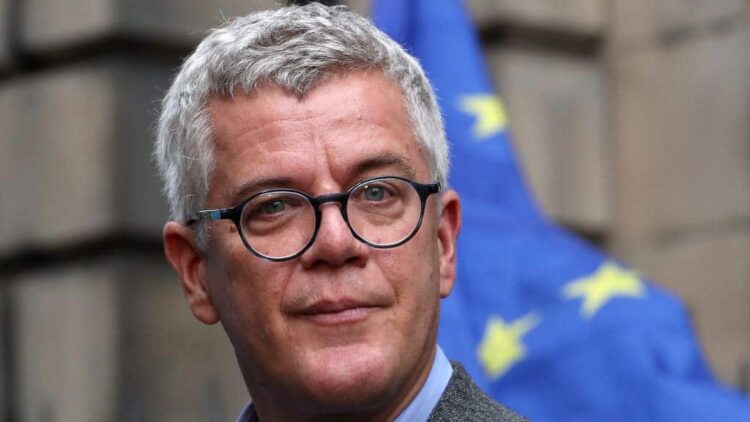By Lucy Caulkett-
The Good Law Project said it had started legal proceedings over the Met’s refusal to investigate reports of a Downing Street party on 18 December 2020.
Good Law Project’s lawyers today sent a pre-action protocol letter to the Met asking it to open an investigation or to set out the full and detailed reasons behind its refusal to do so.
The pre-action protocol letter also asks the Met to provide details of its policy ‘not to investigate retrospective breaches of the covid regulations’, referred to in its statement of 8 December 2021.
Further reports alleging gatherings at the prime minister Boris Johnson’s flat on 13th November 2020, a leaving party at No. 10 held on 27th November 2020 for former aide Cleo Watson, and a party at the Department for Education on 10th December 2020 have all alarmed the public and opposition parties, adding pressure against Downing Street.
The Metropolitan police have been accused of “deferring to the powerful” by not investigating Downing Street parties held in apparent breach of lockdown rules, and the Good Law Project have decided to apply legal pressure on the Met to act against Downing Street.
The campaign group said in letters between it and the Met, police said they had “relied on the government’s assurances that no rules had been broken” and “there would have been no point in interviewing Number 10 staff about the parties because they would have refused to answer questions that exposed them to a risk of prosecution”.
The Green party peer Lady Jones said the invitation to the May 2020 garden party, sent by Johnson’s top aide, Martin Reynolds, was troubling because of the police’s awareness of the party in question. “This garden party raises big questions for the Met police, as their officers must surely have monitored this gathering via their security cameras and been aware of the rules in place at the time,” she said.
“The police are losing public trust with their attitude that there are lots of rules for us and no rules for Conservative ministers. Did Martin Reynolds consult with Met police officers about the Covid restrictions, or inform them of the event?”
Any penalty for a breach would not exceed a fine, but parliament did give it the power to investigate allegations up to three years after they took place. For other relatively minor offences the time limit is six months.
Jolyon Maugham, the director of the Good Law Project, said: “You can have the rule of law, or you can defer to the powerful. But you can’t have both. Cressida Dick’s cat will know that multiple criminal offences were committed. It shames the Met, and ultimately all of us, that she refuses to investigate.”
The force said it is mindful that any penalty for a breach would only be a fine, but parliament did give it the power to investigate allegations up to three years after they took place. For other relatively minor offences the time limit is six months.
The force on Monday said it was in touch with the Cabinet Office in light of “widespread reporting relating to alleged breaches of the Health Protection Regulations at Downing Street on 20 May 2020”.
The statement came following the leak of an email from one of the prime minister’s top officials inviting more than 100 Downing Street staff to a “bring your own booze” party during the first coronavirus lockdown.
The Met is also facing court action to try to force it to justify its failure to act. The Good Law Project said it had started legal proceedings over the Met’s refusal to investigate reports of a Downing Street party on 18 December 2020.
The campaign group said that in letters between it and the Met, police said they had “relied on the government’s assurances that no rules had been broken” and “there would have been no point in interviewing Number 10 staff about the parties because they would have refused to answer questions that exposed them to a risk of prosecution”.
Jolyon Maugham, the director of the Good Law Project, said: “You can have the rule of law, or you can defer to the powerful. But you can’t have both. Cressida Dick’s cat will know that multiple criminal offences were committed. It shames the Met, and ultimately all of us, that she refuses to investigate.”
The force is mindful that any penalty for a breach would only be a fine, but parliament did give it the power to investigate allegations up to three years after they took place. For other relatively minor offences the time limit is six months.
The prime minister’s official spokesperson on Tuesday said: “I think the Cabinet Office has been clear that they’re in contact with the police and obviously the police have the ability to start an investigation should they see fit to do so.
“That would then pause the work that has been done by the Cabinet Office team.”

